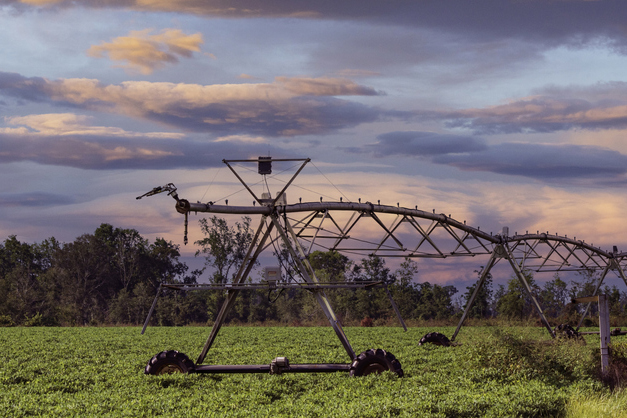 CAES News
CAES News
Transfer Program
The Transfer Pathways Program is opening new doors for rural students who dream of attending the University of Georgia College of Agricultural and Environmental Sciences (CAES). In partnership with Wiregrass Georgia Technical College and Southern Regional Technical College, students who complete required coursework at these institutions can transfer to CAES to complete bachelor’s degrees in one of three majors — agribusiness, agricultural education, and agriscience and environmental systems.

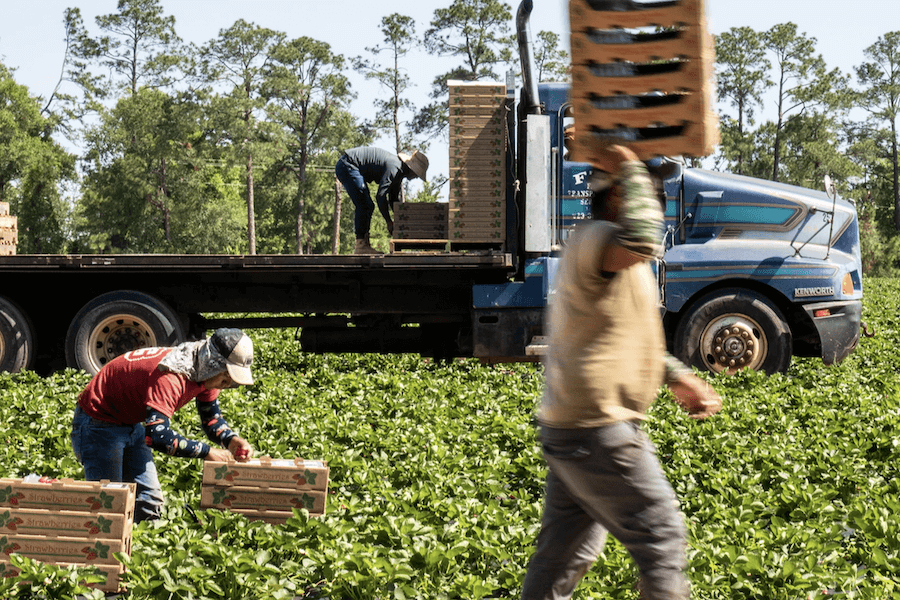
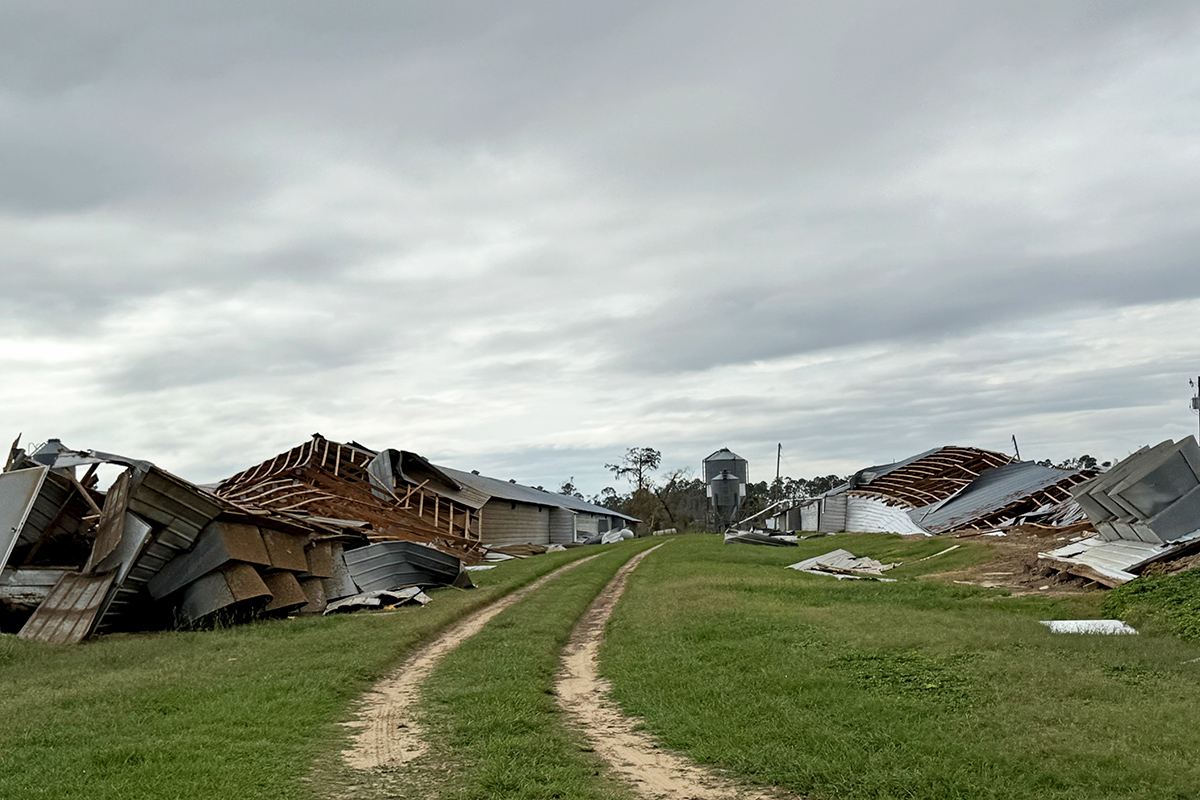
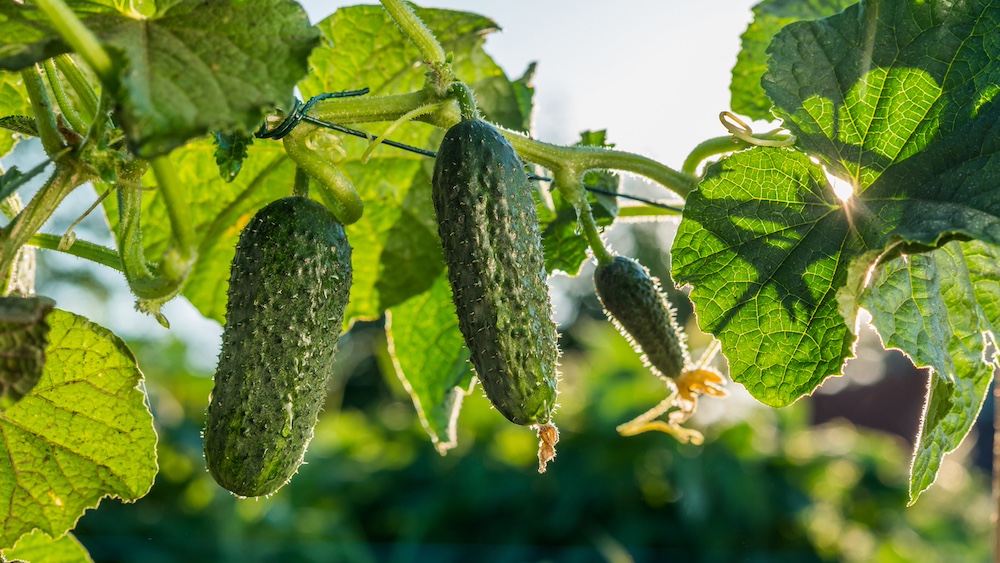
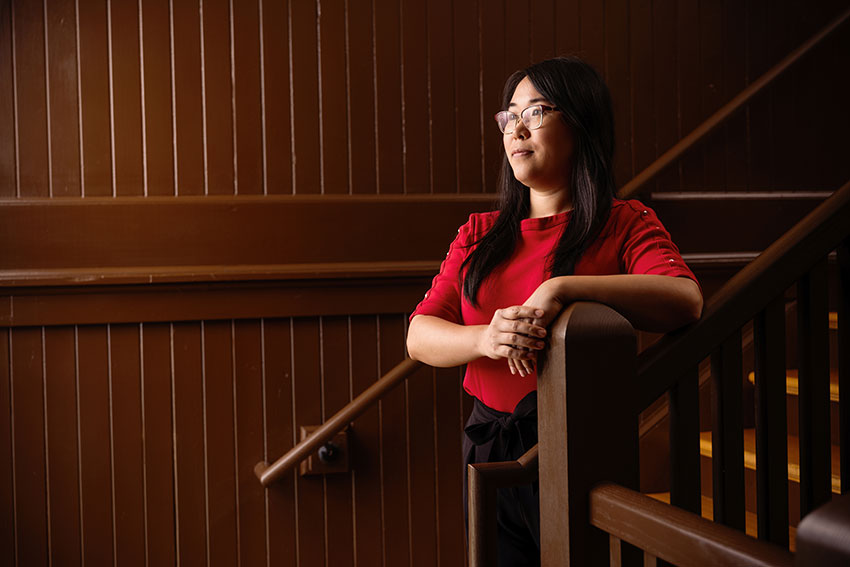
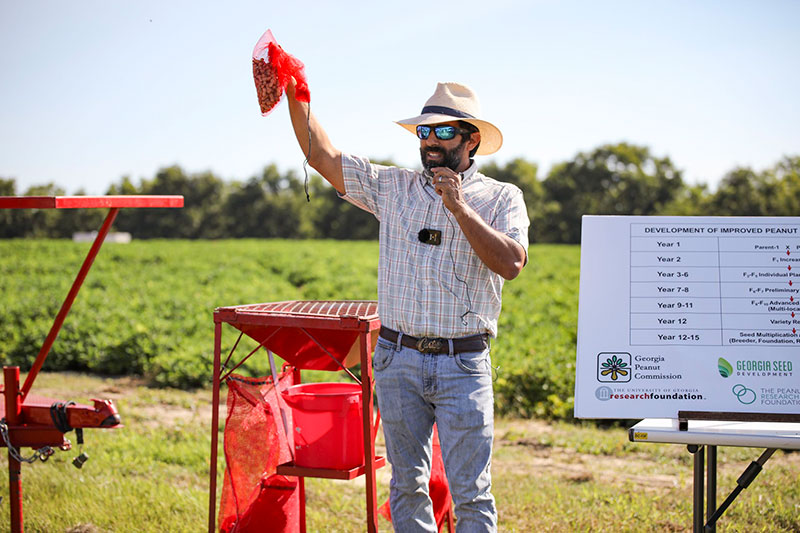
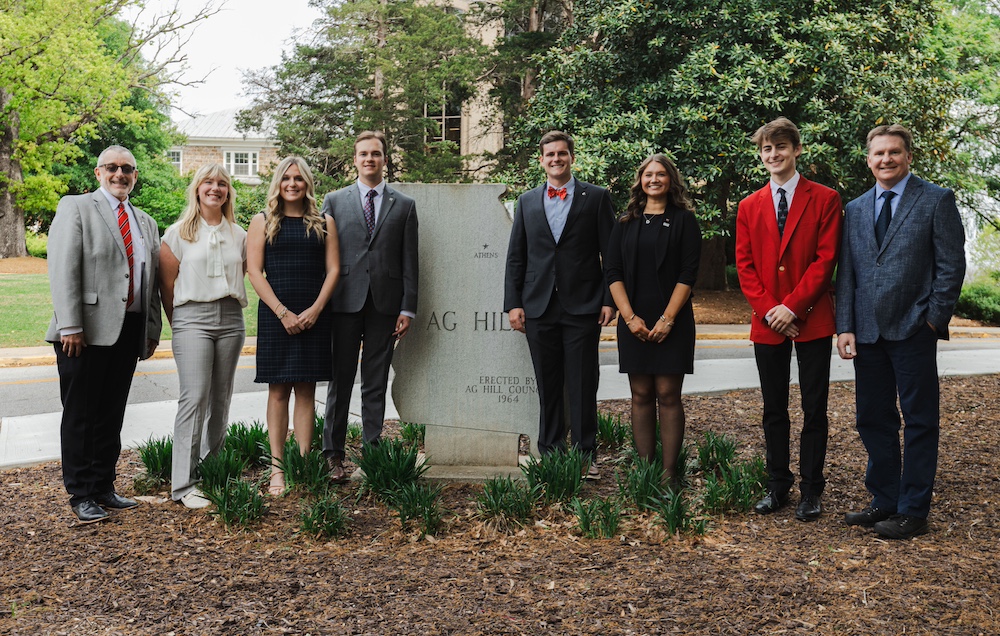

.jpg)
